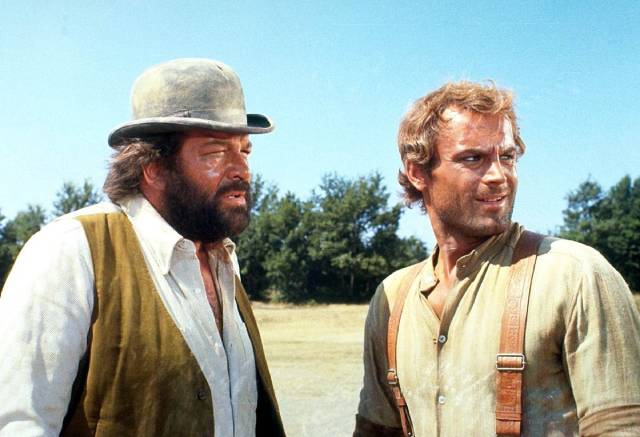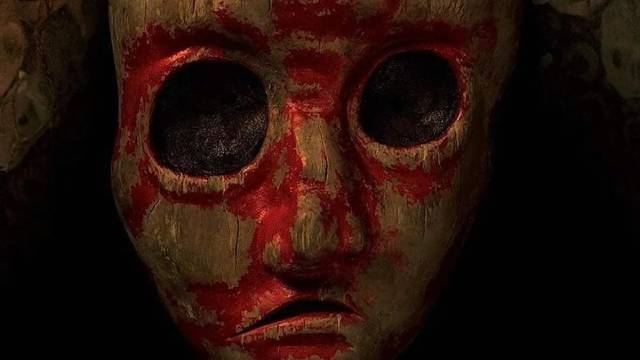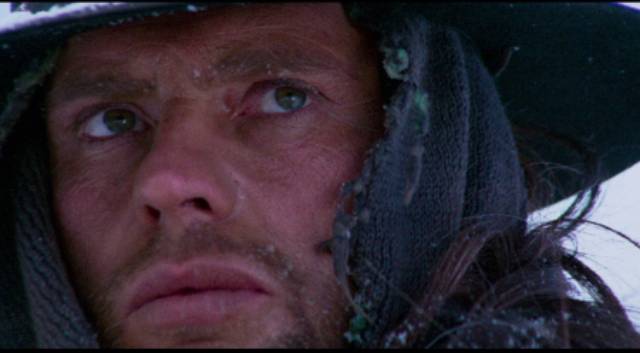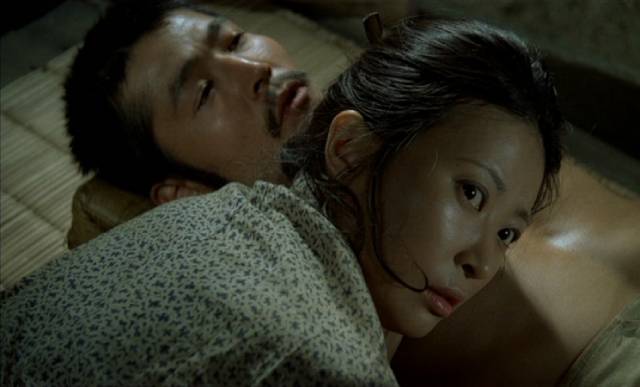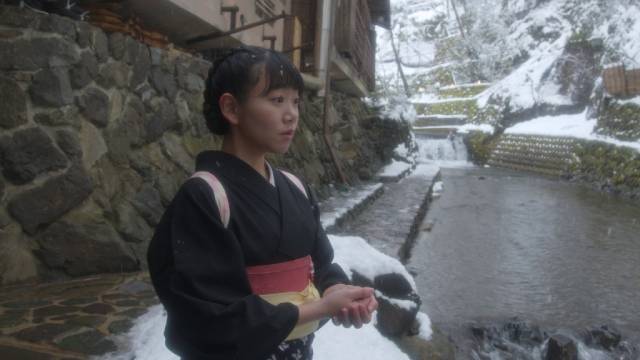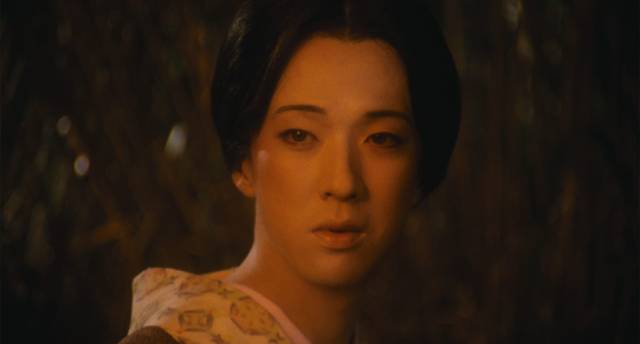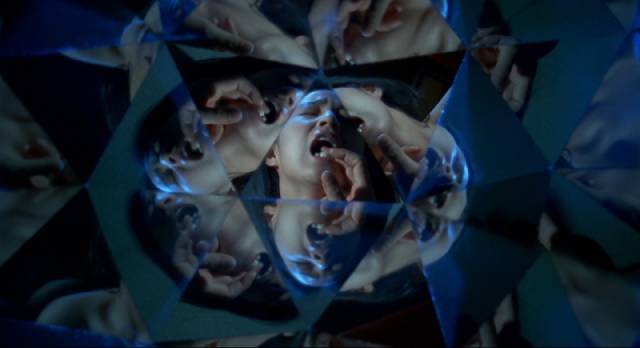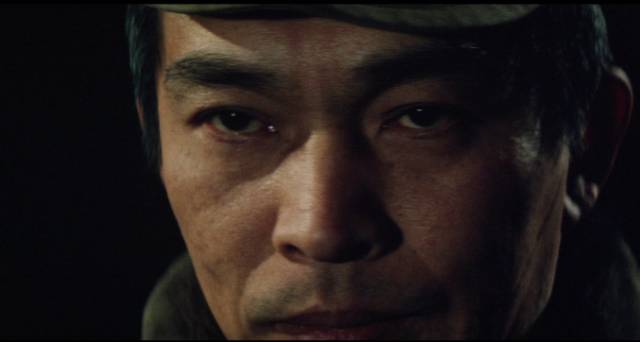
Despite a career spanning from the 1930s to the mid-’80s, I hadn’t even heard of Tai Katô until a recent flurry of disk releases from Radiance in England and Film Movement in the States, yet he produced significant work in some of my favourite genres – particularly chambara and yakuza films, both of which are represented in these releases, with excellent editions of postwar crime stories (By a Man’s Face Shall You Know Him [1966] and Eighteen Years in Prison [1967]), police procedural noir (I, the Executioner [1968]), and period swordfighting (Tokijiro: Lone Yakuza [1966]).
